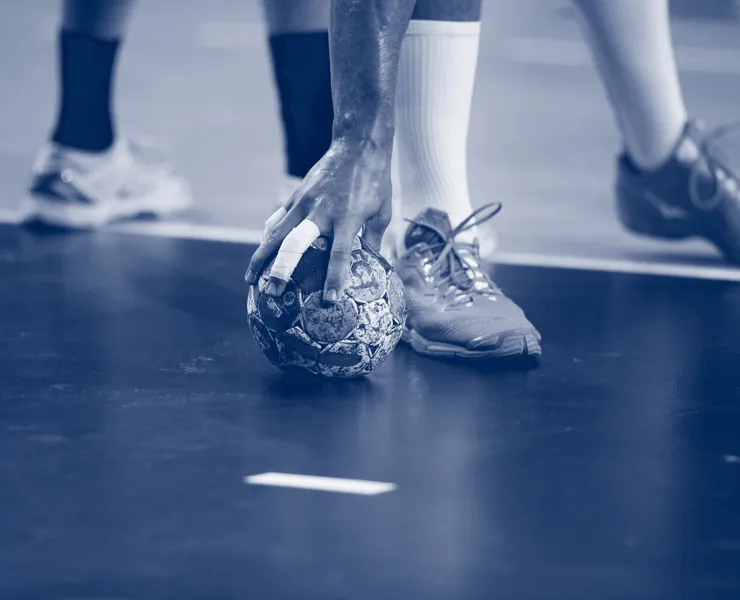At the start of this Men’s EHF EURO, doubts were raised about the value and quality of this championship given the high number of Covid-19 infections among the players. What’s your opinion on this on the eve of the semi-finals?
You just have to look at the four teams which have reached the semi-finals. Denmark, double world champions. France, Olympic champions. Sweden, World Championship runners-up in 2021. Spain, double European champions. Add to this Norway and Iceland who play for fifth place, and you have six teams that belong to the world’s best. We will be witnessing performances at the highest level in the semi-finals and finals.
Another point of criticism has been the championship’s hygiene concept. In particular, the lack of a bubble for the players has been mentioned many a time…
The mother of truth and justice is time. That’s a quote. An event like the EHF EURO is prepared by its organisers and the EHF for many years in advance. The last three months before the start are reserved for finetuning. One month ago, the Omicron variant wasn’t really present in Europe. The hygiene concepts which were developed did represent the state of knowledge at that time. As the situation changed, the EHF made the necessary adaptations – again in accordance with and based on medical advice. Furthermore, whenever there were shortcomings at the tournament as such, the organisers reacted immediately – all teams acknowledged this.
As the number of Covid-19 cases among the players grew, why wasn’t the EHF EURO cancelled?
I think that society adapts to the most recent developments, and what we are witnessing in many parts of Europe at the moment – based on the current knowledge about Omicron – is more a tendency towards opening and moving away from restrictions. It also needs to be mentioned that the EHF gave the teams the possibility to nominate players outside of the initial 35-men squad as well as the possibility to bring back recovered players. There is no pressure on players to play unless they are completely healthy. We had teams at the EHF EURO in which there is only a limited amount of positive cases or even none. The situation is very different from team to team. A cancellation would not correspond to the European wide developments we are witnessing now.
What would have happened in case of a cancellation?
A cancellation would have had significant effects on the organisers, and it would have had also an impact on the teams. There are teams that have very few infected players. There are teams, which perform extremely well despite a higher number of cases. It would have had an impact on the international calendar including the qualification for future events. And, of course, there are media and marketing contracts which would have not been fulfilled. Here it is not about income. It is about damage compensation – something which would have impacted the entire handball ecosystem. And the same holds true for for the participating nations. Taken all of this into consideration and carefully balancing all different aspects, there was no basis for us to cancel the tournament.
How did you experience the difference between public opinion on the one side and the opinion of the participating teams on the other side?
It has become obvious that public opinion differs from country to country. Many top federations positioned themselves and underlined the importance of national team competitions. The same goes for many players’ statements in which they identified fully with the European Championship and its sportive challenges.
Looking ahead, what’s the short-term perspective for European handball and what are mid- and long-term learnings?
Parallel to the EHF EURO, the DELO EHF Champions League and the EHF European League Women is being played. On the national level, the leagues will start again soon. I stick to my opinion that we need to play in order to exist. Of course, we keep monitoring the situation. The tendency I see though is that Europe is opening again. Furthermore, we face the challenge that we will always face different environments in the different countries. There will never be just one homogeneous situation across Europe.
The Women’s EHF EURO 2022 in November will be played in a bubble or not?
In a few days, the analysis of this EHF EURO will start, and the EHF will fully focus on the preparations for the EHF EURO 2022 in Slovenia, North Macedonia and Montenegro based on what we know today. We cannot completely exclude that there will be a bubble. But we also cannot exclude that the pandemic situation has transformed into an endemic one, and there will be no restrictions in Europe overall. Either way, I'm confident that the Women's EHF EURO will be another highlight in the handball calendar and for European women's handball.
Picture: EHF President Michael Wiederer with the President of Iceland Guðni Thorlacius Jóhannesson at Budapest Handball Arena.







